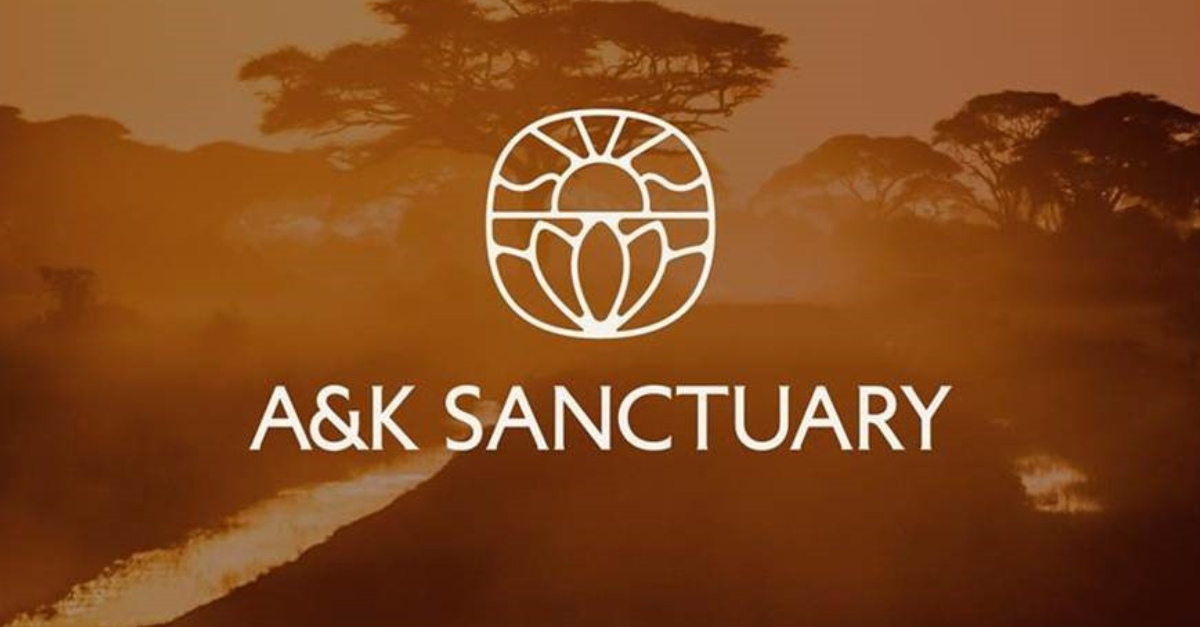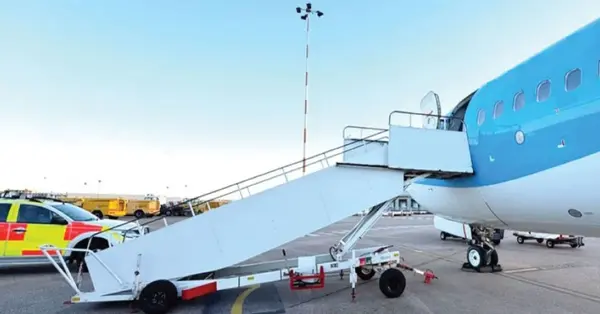You are viewing 2 of your 2 free articles
Travel industry urged to address ‘very uncompetitive’ salaries
The travel industry has been urged to offer higher salaries to job candidates to attract better-quality applicants and overcome a “talent shortage”.
C&M Travel Recruitment managing director Barbara Kolosinska appealed for action as the company’s 2023 Travel Salary Index highlighted key statistics from last year.
The index found that salaries for the average new job in the industry had risen by 11.56% in 2023 to reach £34,156, but much of the increase was attributed to wages at the higher end of the scale.
More: Busiest December for travel job candidates since 2017
“Those at the very top of our industry are indeed seeing these big increases in pay, but it isn’t filtering down to the lower levels,” said Kolosinska, adding that many salaries had been “too low for too long”.
Wages for executive travel roles (those paying £40,000 and above) rose by 6.50% (or £3,364) to reach an average of £55,085, while those in new travel jobs with salaries of £60,000 or above saw their wages increase by an average of 11.06% (or £8,355) in 2023.
For standard travel roles (those paying below £40,000), pay rose by 4.23% in 2023 to £29,701 and has risen by 19.08% since 2019.
But for mid-level travel jobs (those paying between £22,001 and £29,999), wages increased by just 0.92% last year and by only 4.56% (or £1,155) since 2019 – far below the rate of inflation.
Research on the number of new candidates revealed that the total searching for travel jobs rose by 8% last year, following a 26% increase in 2022.
Last year’s total number of new job seekers was the highest since 2018, but the figure remains 15% behind the record year of 2017.
After record-setting figures for vacancies and placements in 2022, last year’s numbers showed a decline.
The vacancies total dropped by 30% on the previous year, while the placements figure fell back by 50%.
It was also a slower year for the business travel sector, with placements dipping by 66% from 2022’s record-breaking year and down by 6% on 2019.
However, salaries for the average new business travel job rose by 7.28% (or £2,201) in 2023 to stand at £32,414, and have risen by 20.07% (or £5,418) since 2019.
Kolosinska said: “Salaries in the travel industry have been too low for too long. And with the headline figure of an 11.6% in 2023 following an 11.5% rise in 2022, you could easily think that we’re well on our way to fixing this problem and that wages are rising for everyone in travel. Unfortunately, it’s not as simple as that.
“Those at the very top of our industry are indeed seeing these big increases in pay, but it isn’t filtering down to the lower levels. For many people working in travel – particularly those earning less than £30,000 – salaries barely increased at all last year and have in fact fallen compared to the rate of inflation.
“There’s still a real talent shortage at the moment and we’re simply not going to attract quality candidates into the travel industry if we continue with these very uncompetitive packages.
“There are some fantastic roles out there with many offering attractive salaries, but if we want to successfully add talented people to our teams, we need to make a real effort in 2024 to collectively increase wages for lower-level travel positions.”


















